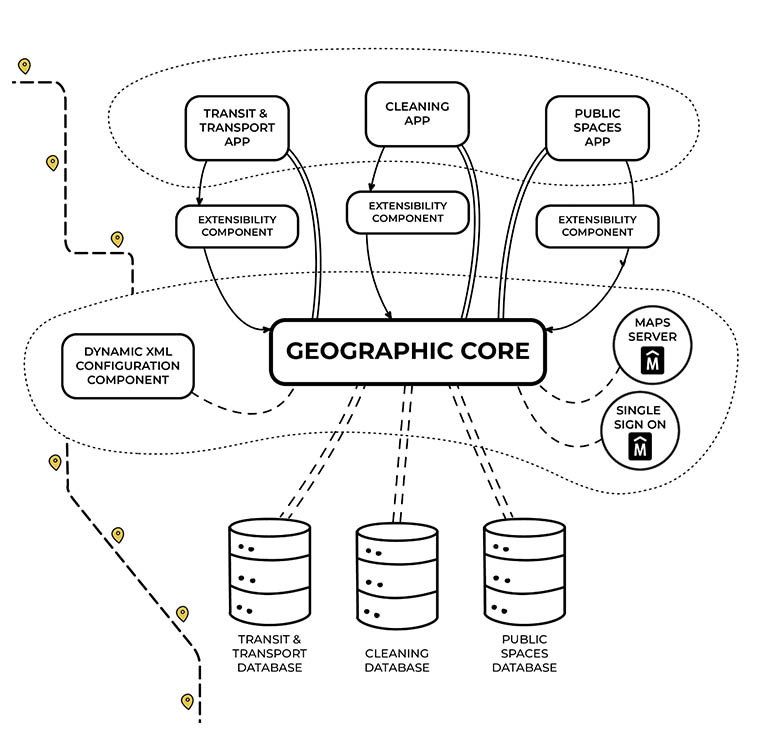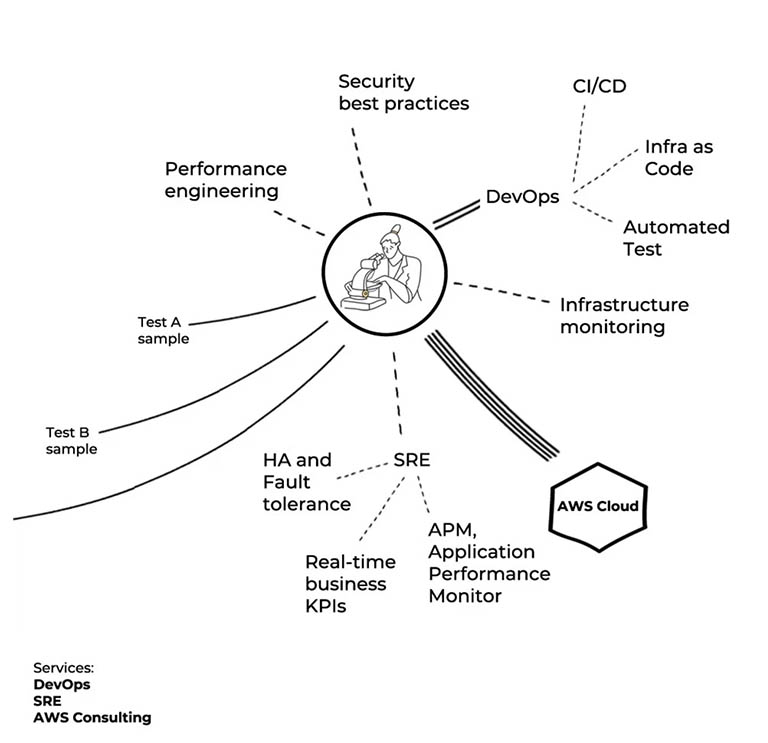Portfolio
The solution for Colsanitas and Avedian with AI
Category:
Integrated technologies:
Amazon SageMaker, AWS Redshift, Amazon S3, EMR Cluster, Feature Store, MLflow with Docker,

Colsanitas and Avedian with AI
Transforming Hospital Management with Artificial Intelligence.
In an environment where resource optimization is key to ensure quality care, Clínica Reina Sofía (Colsanitas) implemented an innovative artificial intelligence model developed by Avedian, with AWS technology. This solution improved the prediction of hospital stay, optimized resource allocation and generated a significant economic impact, demonstrating the power of machine learning in clinical management.
About Avedian
Avedian is a technology company specialized in advanced solutions for measuring hospital production and population health. Through models based on Diagnosis Related Groups (DRG), it provides tools that help managers of health institutions to make better clinical-economic decisions. With a presence in several Latin American countries, Avedian seeks to lead the implementation of patient classification systems to optimize hospital management, patient safety and health sector financing.
Clínica Reina Sofía, part of the Colsanitas Group, is a reference in medical care in Colombia, standing out for its focus on advanced and humanized medicine. With more than 30 years of experience, it has modernized its infrastructure and technology to offer high complexity services in specialties such as oncology, cardiology and major surgery. It is currently working to obtain the Joint Commission international certification, reaffirming its commitment to safety and quality of care.
The Challenge
Clínica Reina Sofía faced the challenge of optimizing hospital stay management to improve patient care and operational efficiency. The lack of accurate predictive tools made it difficult to plan resources and personnel, resulting in long waiting times, cost overruns and reduced bed availability.
The Solution
To address this challenge, Avedian implemented a machine learning model on the AWS SageMaker platform designed to predict patient hospital stay. Two models based on Random Forest Regression were developed:
- Short-Term Prediction Model (up to 7 days): Analyzes known variables in the first 48 hours of admission, such as age, gender, type of admission and morbidity risk, to estimate the duration of hospitalization.
- Long-Term Prediction Model (more than 7 days): Incorporates additional factors such as case severity, mechanical ventilation and principal diagnosis to improve accuracy in prolonged stays.
These models were integrated into a real-time dashboard, facilitating decision making and optimizing resource allocation.
The combination of artificial intelligence and cloud technology has enabled Clínica Reina Sofía to improve operational efficiency, optimize costs and raise service quality.
This success story demonstrates how the use of machine learning and AWS can transform hospital management, benefiting both patients and healthcare institutions.
AWS applied in this challenge
- Amazon SageMaker (training and deployment of models)
- AWS Redshift (data management and analysis)
- Amazon S3 (data storage)
- EMR Cluster (high volume data processing)
- Feature Store (storage of model features)
- MLflow with Docker (model lifecycle management)
The results
The implementation of the artificial intelligence model had a significant impact between May and July 2024:
37,21%
37.21% reduction in out-of-norm episodes
- In May, 10.05% of the episodes were outliers (prolonged hospital stays). In July, this value was reduced to 6.31%.
24,43%
24.43% decrease in variability of days of stay
- The variance in hospital days decreased from 35.33 to 26.70, improving hospital predictability and planning.
$197.500
Savings of $197,500 in operating costs
- The reduction in unnecessary stays freed up 395 bed days, generating significant savings in hospital resources.

